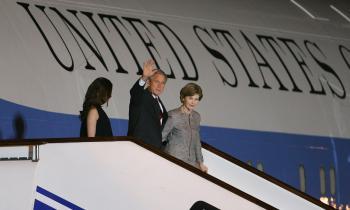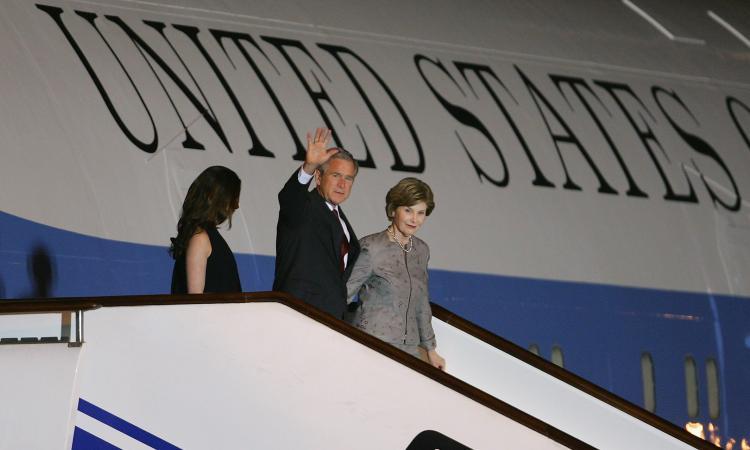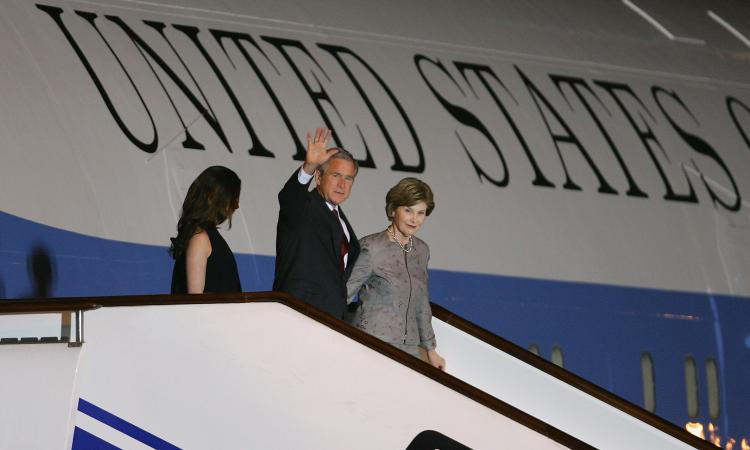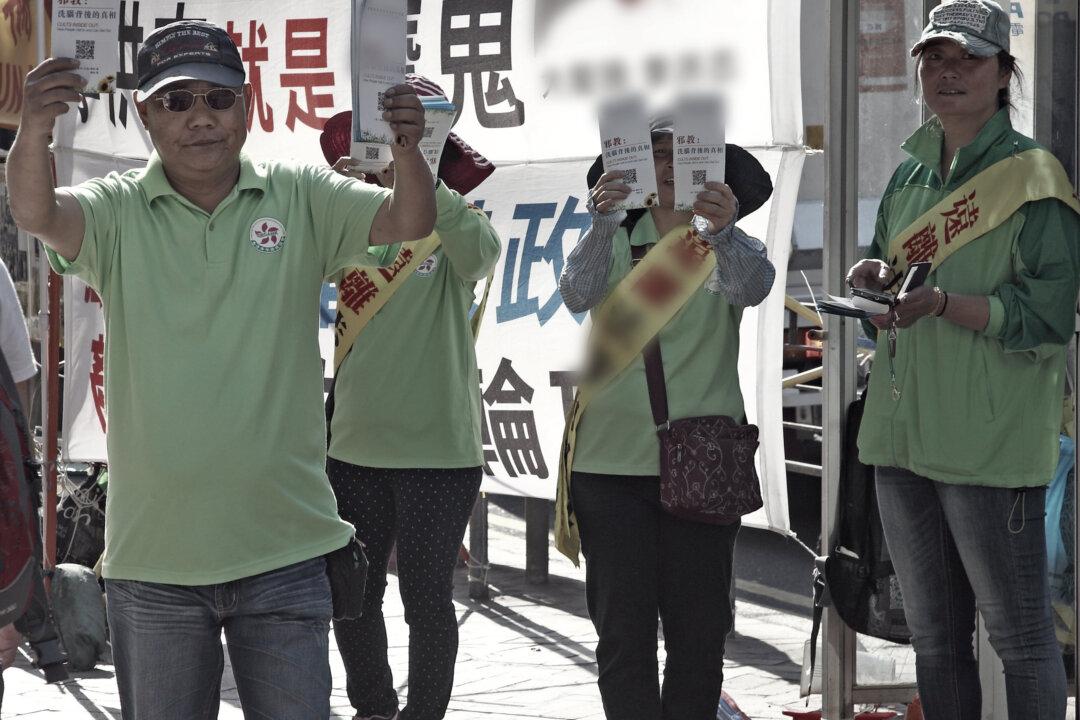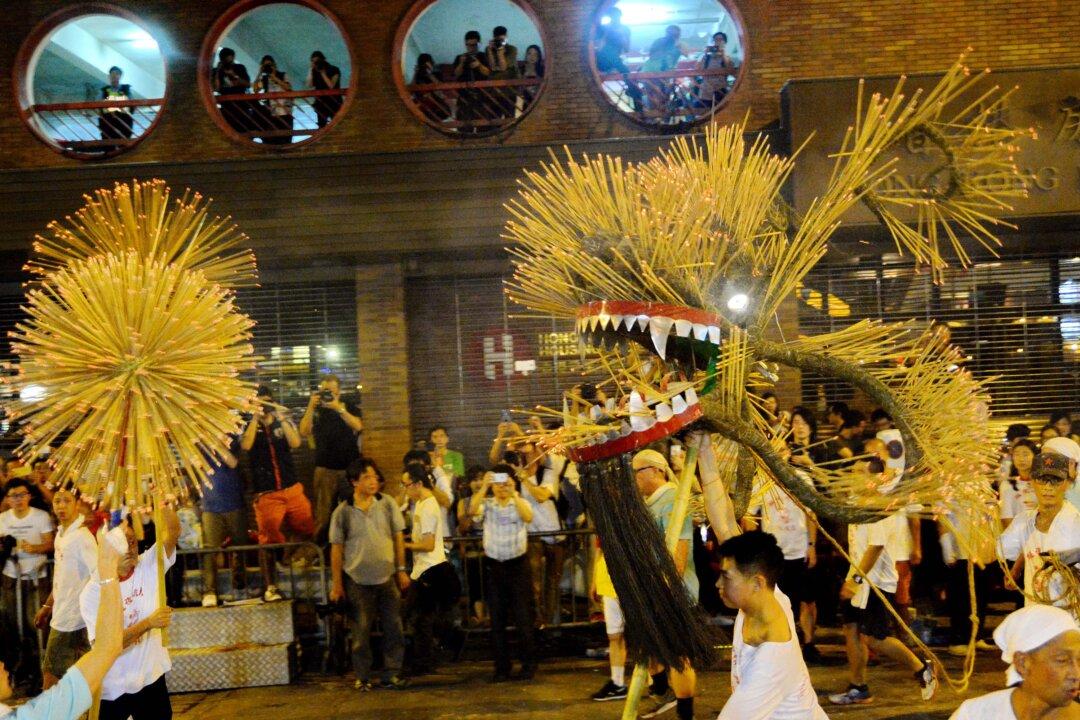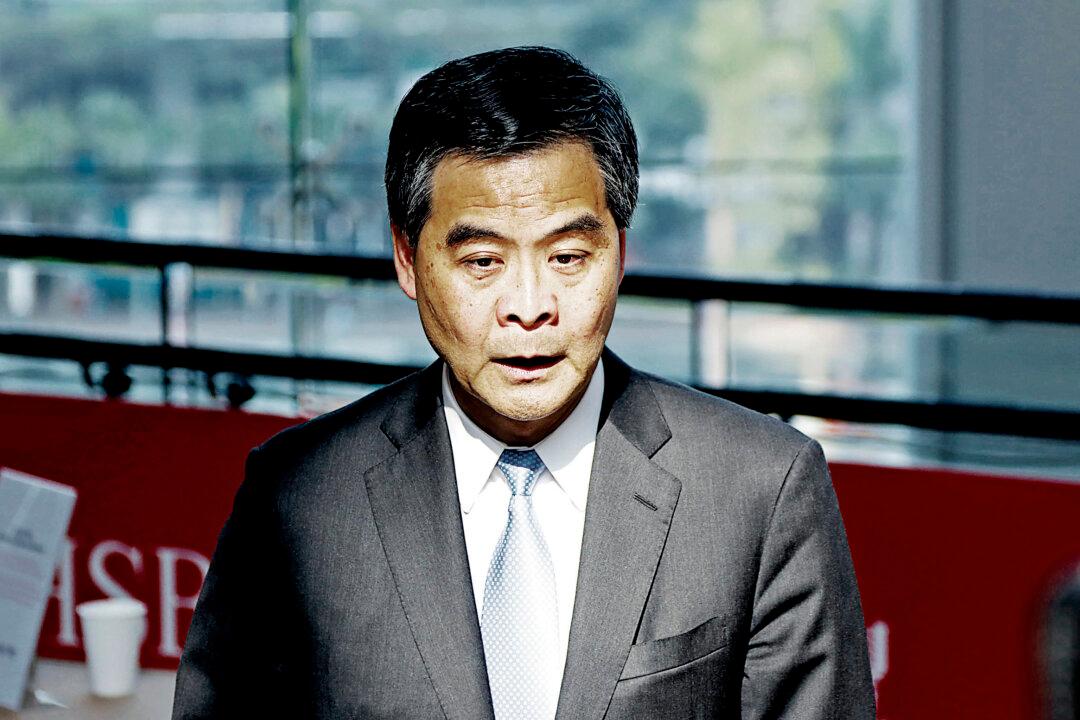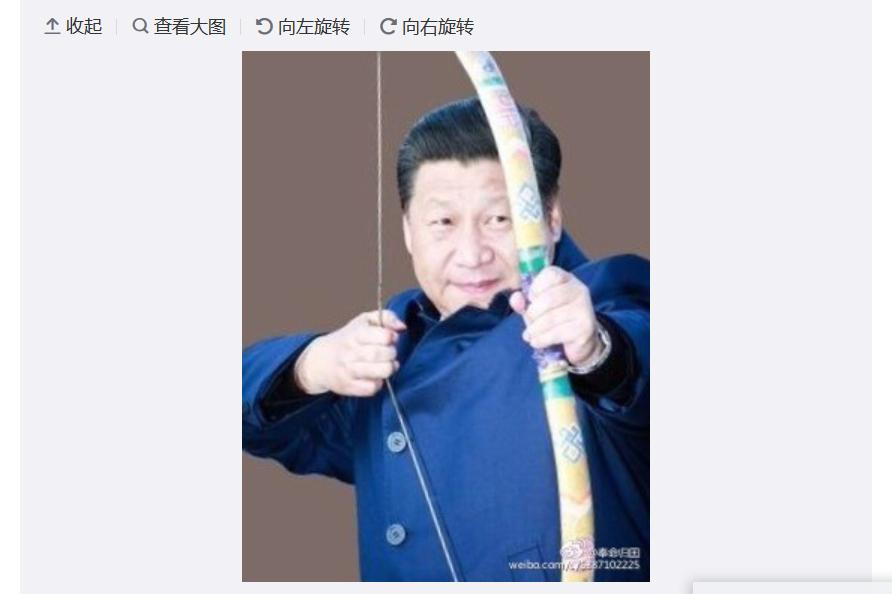As the Olympics approach, Chinese authorities are anxious to publicize a list of about 80 foreign leaders who have accepted the invitation to attend the opening ceremony of the Olympic Games in Beijing. Among the 80 who have agreed to attend are some whose attendance Beijing has taken extra efforts to encourage.
Putin’s Attendance Tied to Controversial Border Agreement
Before mid July, Russian Prime Minister Vladimir Putin had not stated his position on whether or not he would attend the opening ceremony of the Beijing Olympic Games.
On July 21, Russian Foreign Minister Sergei Lavrov and Chinese Foreign Minister Yang Jiechi met in Beijing and signed an additional protocol on the eastern part of the borders.
The deal finalized an agreement seen by Chinese observers as ceding Chinese land to Russia. In fact, searches about this agreement had previously been censored on the Chinese net, but many Chinese aware of the details considered it treasonous.
While this land deal had been agreed to in 2004, the agreement in July marked the completion of the border survey necessary to implement the deal.
Soon after the agreement was signed, Lavrov announced that Putin would attend the opening ceremony of the Beijing Olympic Games and meet with Chinese leaders.
Japanese PM Confirms Attendance After Sino-Japanese Agreement
On June 18, 2008, China and Japan agreed to jointly develop part of the natural gas fields in the East China Sea. Following this formal announcement of the agreement, on the same day the Japanese newspaper Yomiuri Shimbun reported that Prime Minister Yasuo Fukuda decided to attend the opening ceremony of the Beijing Olympics.
The agreement allows Japan to invest in and share the profits in the disputed areas of the East China Sea, including the involvement in the Chunxiao field, which Japan calls Shirakaba.
The two countries had been negotiating on the East China Sea issue since 2004, with no result until May of this year, when President Hu Jintao visited Japan and held a talk with Prime Minister Yasuo Fukuda. The two leaders reached a general agreement to make the East China Sea a sea of “peace, cooperation, friendship.”
Yasuo Fukuda, during Hu’s state visit to Japan, was noncommittal on the issue of attendance at the Olympic opening ceremony, but with the agreement on the East China Sea issue signed, Fukuda immediately said that he would attend the opening ceremony.
Fukuda will be the first prime minister to attend the opening ceremony since the late Noboru Takeshita attended the Seoul Olympics in 1988.
French President Changes Mind in Boycotting the Event
When the CCP was suppressing the Tibetan people back in March, French President Nicolas Sarkozy, who will represent the European Union at the Olympics ceremony as holder of the six-month presidency of the bloc, became the first world leader to suggest that he might boycott the Beijing Olympics as Britain and France increased the pressure on China over Tibet.
“Our Chinese friends must understand the worldwide concern that there is about the question of Tibet,” he said. “I don’t close the door to any option, but I think it’s more prudent to reserve my responses to concrete developments in the situation. I want dialogue to begin and I will graduate my response according to the response given by Chinese authorities.”
Sarkozy had pushed the two sides to talk, saying he could attend the opening if discussions between China and envoys of the Dalai Lama, Tibet’s exiled spiritual leader, made more progress.
Sarkozy’s boycott threat, together with the Olympic torch fiasco in Paris, sparked a wave of anti-French rallies in China.
The authorities encouraged Chinese consumers to boycott Carrefour and other French goods in China. Later they forbade mainland tourist groups from arranging trips to France through travel agents.
Relations between Paris and Beijing have been under strain for months.
Sarkozy announced on July 9 from the G8 Summit in Japan that he would attend the opening ceremony of the Beijing Games on August 8.
But France’s left-wing opposition has accused Sarkozy’s surrender when dealings with Beijing, sapping France’s international credibility.
Other Leaders Skipping the Show
More than 100 foreign leaders were believed to ask to attend the opening ceremony. Other leaders are staying away from the event because of China’s violent crackdown in Tibet amidst riots and protests back in March. These leaders include the United Nations Secretary-General Ban Ki-moon, German Chancellor Angela Merkel, Canadian Prime Minister Stephen Harper, Italian Prime Minister Silvio Berlusconi, Polish Prime Minister Donald Tusk, and New Zealand Prime Minister Helen Clark.
The attendance of 80 heads of state at an Olympic opening ceremony would be considered a new record.
The world leaders who are expected to present during the opening ceremony include Australian Prime Minister Kevin Rudd, Cambodia’s King Norodom Sihamoni, Croatian President Stjepan Mesic, Prime Minister Matti Vanhanen of Finland, Japanese Prime Minister Yasuo Fukuda, President Sir Anerood Jugnauth of Mauritius, Dutch Prime Minister Jan Peter Balkenende, South Korean President Lee Myung-bak, President Pascal Couchepin of of the Swiss Confederation, Thailand Prime Minister Samak Sundaravej and Princess Maha Chakri Sirindhorn, U.S. President George W. Bush, Vietnamese President Nguyen Minh Triet, President Nicolas Sarkozy of France.
